
THE Majority and Minority caucuses of Parliament yesterday renewed debates over how best proceeds from the country's oil sector should be used for the benefit of the citizenry.
While the lawmakers in the Majority saw nothing wrong with 'pumping' oil money into the Free Senior High School (SHS) programme, the Minority were of the view that funding the pro-poor policy with oil money was unsustainable.
The Minority held the view that the best way to invest revenue from the oil sector, would be in the area of self-financing infrastructure, instead of consumption, which brings no return to the country.
The debate was provoked during the approval and adoption of the Finance Committee's report on the 2018 Annual Report on the Petroleum Funds and the 2018 Reconciliation Report on the Petroleum Holding Fund, in Parliament yesterday.
According to the report, a copy, which the Ghanaian Times has, of the GH¢1,546,736,951 programmed to support the Annual Budget Funding Amount (ABFA), only GH¢827,653,566 was actually utilised, leaving a variance of GH¢718,723,384.
Items earmarked to be funded by the petroleum revenue in support of the budget were; Agriculture, GH¢126,185,356, from an allocation of GH¢251,465,991, and Infrastructure and Service Delivery in Education, GH¢419,871,012 from GH¢465,913,085.
Other items are; Infrastructure and Service Delivery in Health, GH¢22,702,127 from GH¢50million, Road, Rail and other critical infrastructure, GH¢255,365,118 from GH¢773,997,875 and Public Interest Accountability Committee GH¢3,529,951 of GH¢5million.
Moving the motion for the approval of the two reports, Chairman of the Finance Committee and Member of Parliament (MP) for New Juabeng South, Dr Mark Assibey-Yeboah, said the report, as presented to the House by the Finance Minister, was in accordance with the Petroleum Revenue Management Act (Act 815) and should be adopted.
But, leading the Minority's argument, the MP for Yapei-Kusawgu and a former Deputy Minister of Power, John Jinapor, said the reconciliatory report presented to the committee revealed that about 95 per cent of the money allocated to education infrastructure and service had been injected into the Free SHS programme.
He said the Minority was not against the Free SHS programme, and indicated that it was important government found a sustainable way to fund the programme, instead of relying on oil revenue.
Mr Jinapor said that the policy, which was intended to last forever, could suffer if Ghana's oil finally ran out of stock.
In a response, however, the Information Minister and Member of Parliament (MP) for Offinso-Ayirebi, Kojo Oppong Nkrumah, said deciding to use oil revenue on the education policy was a leadership decision, and that the Minority could not hold the government to ransom as to how the funds should be used.
He said investing in the future of the future generation was more meritorious because the investment in the human capital would outlive the physical infrastructure that the Minority was championing, and called on them to come along with the government.
Ketu South Member, Franklin Fifi Fiavi Kwetey, said the focus should be on the future generation in the application of the oil revenue than the current generation; urging government to learn from other oil producing countries that have developed mechanisms to save oil revenues for future generations.
Mr Kwetey, a former Deputy Finance Minister, said government was "endangering and imperiling the future of our country".
Dr Bernard Oko Boye, MP, Ledzokuku, disagreeing with his colleague, said in as much as generations unborn were important and should be considered in all national planning schemes, it was critical the current generation was not forgotten.
He said investing oil money in educating the future generation of the country was beneficial than infrastructure the Minority and the opposition keep craving, which would benefit a privilege few in society.
Read Full Story
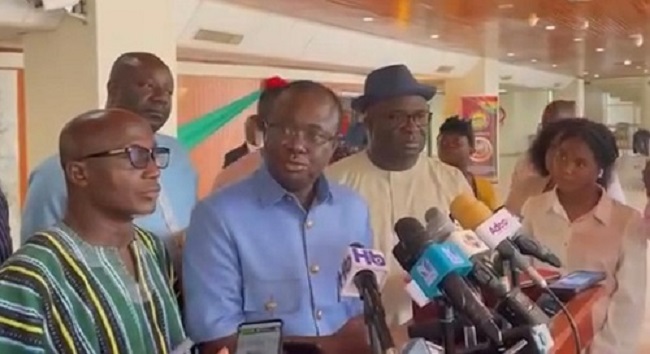
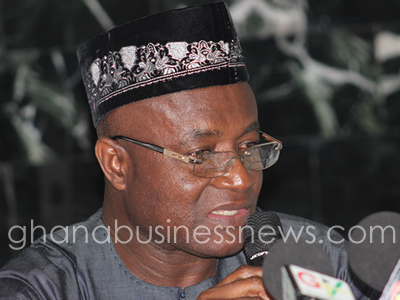
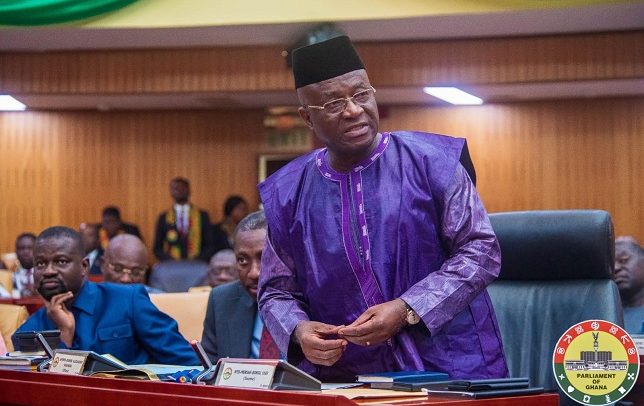
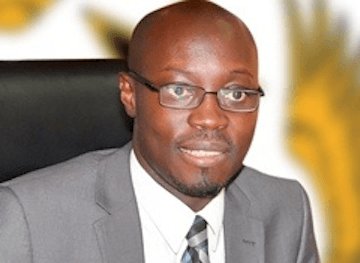
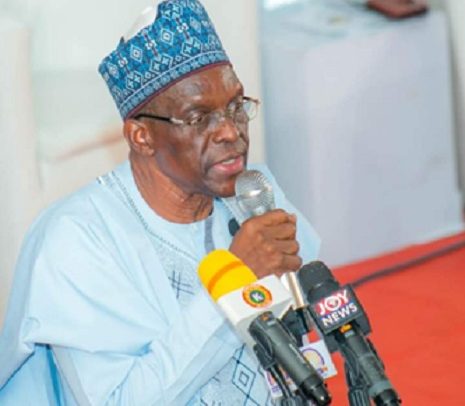
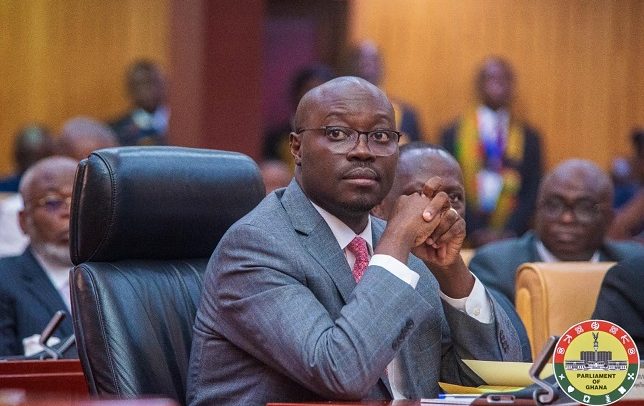
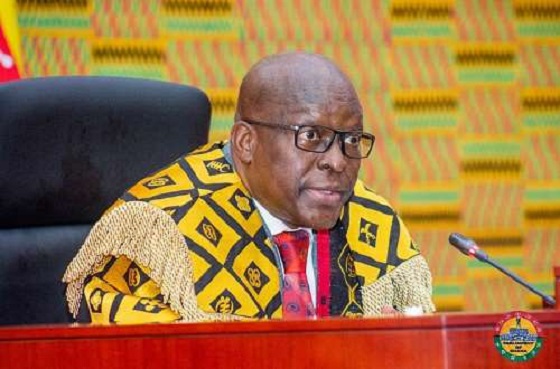













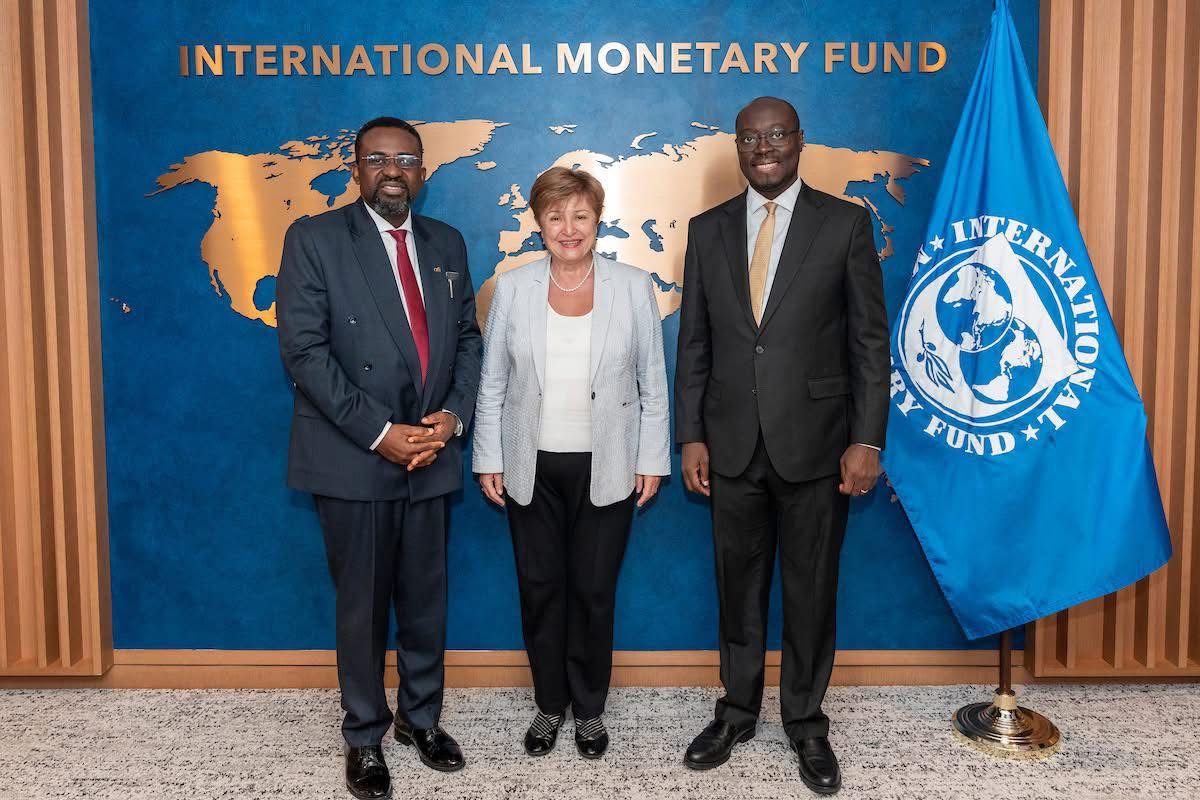


Facebook
Twitter
Pinterest
Instagram
Google+
YouTube
LinkedIn
RSS